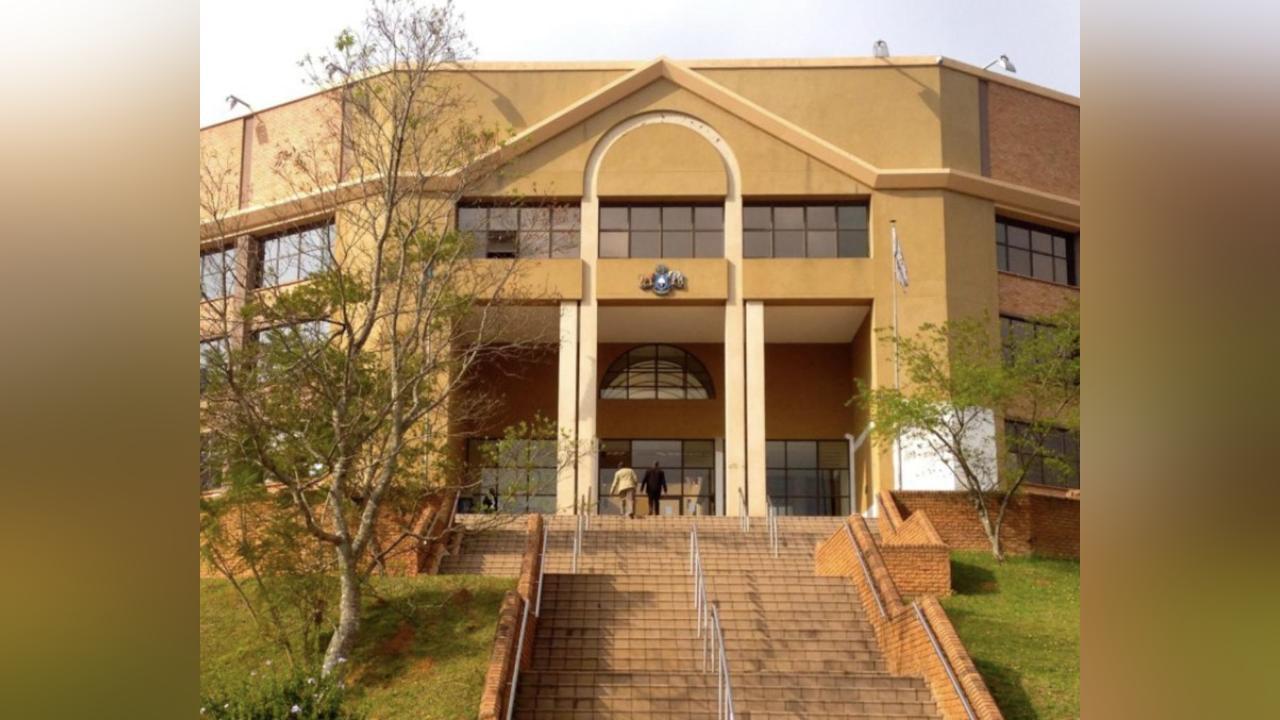Africa-Press – Eswatini. The Supreme Court has upheld a High Court ruling that the Master of the High Court has a say over estates where the couple was married under customary law.
Appellant was contending that section 68 of the Administration of Estates Act, 1902 ousts jurisdiction of the Master of the High Court where deceased was married in accordance with Eswatini Law and Custom.
The High Court in a judgment handed down on March 30 dismissed an application for an order declaring that the Master of the High Court lacks jurisdiction over estates of Emaswati who were married in accordance with Eswatini Law and Custom.
In the court of first instance, Beatrice Thuli Mpanza, who passed away before termination of the proceedings and was substituted by Sicelo Edgar Mpanza, in his capacity as executor, approached the court a quo for a declaratory order to the effect that the Master of the High Court “lacks the original jurisdiction to administer the estate of the late Petros Maqoqa Mpanza”.
Petros was her husband.
In the main appellant’s case was that Petros practiced customary law as he had married two wives through Eswatini Law and Custom, and that he had conducted his affairs in terms of Eswatini culture.
It was contended that on account of these two main reasons, the Master of the High Court lacked “original (sic) jurisdiction’ to administer his estate.
Beatrice contended that the estate ought to have been reported to the traditional authorities under the deceased’s chief and indvuna.
She further contended that the appointment of the executor ought not to have taken place due to the irregularity and or invalidity of the deceased’s last will and testament and, in addition, Eswatini Law and Custom dictates that the affairs of the deceased person are taken care of by an inkhosatane (heiress).
As consequential relief she prayed for the removal of the executor appointed by the Master to wind up the estate; for an order that any dispute arising out of the estate “be prosecuted under Eswatini Law and Custom”; for an order declaring the last will and testament of the late Petros Maqoqa Mpanza to be “irregular and or invalid and of no force and effect”.
The application was resisted by both Jabulile Lucy Mpanza, first respondent, who is a widow to the late Petros Maqoqa, and the executor testamentary appointed in terms of the contested last will and testament, Alison Mpandleni Mpanza, second respondent.
The attorney general, on behalf of the Master of the High Court, filed a notice to raise points of law, contending that section 68 did not oust the jurisdiction of the Master.
On the second front, appellant contended that he last will and testament of the deceased was invalid as there was no certificate at the end of each and every page signed by an administrative officer, justice of the peace, commissioner of oaths nor notary public as is required by Section 3 (1) (e) of the Will Act, 1955.
Beatrice further contended that there was no date appearing on the last will and testament.
First, second and fourth respondents’ case was simply that the deceased was lawfully married in accordance with Eswatini Law and Customs, and therefore his estate was not excluded from the jurisdiction of the Master of the High Court by Section 68 of the Act.
The attorney general, on behalf of the Master of the High Court, submitted that a marriage contracted in accordance with Eswatini Law and Custom was a lawful marriage, and, therefore, the jurisdiction of the Master of the High Court was not ousted by Section 68.
The Supreme Court’s analysis was centred on two issues for determination.
First, which was central, was whether Section 68 of the Administration of Estates Act ousts the jurisdiction of the Master of the High Court over estates of Emaswati who were married in accordance with Eswatini Law and Custom.
Second was the less significant issue of whether the formalities prescribed in the Wills Act were complied with in executing the deceased’s last will and testament.
“Consequently, the jurisdiction of the Master of the High Court over the estate of the late Pertros Maqoqa Mpanza shall not be ousted purely on the basis that he was married in accordance with Eswatini Law and Custom,” the Supreme Court held.
“He was lawfully married, and his estate is not excluded by section 68 from the jurisdiction of the Master of the High Court.”
The Supreme Court upheld the ruling of the High Court and dismissed the appeal, with appellant having to pay costs of the appeal.
For More News And Analysis About Eswatini Follow Africa-Press







